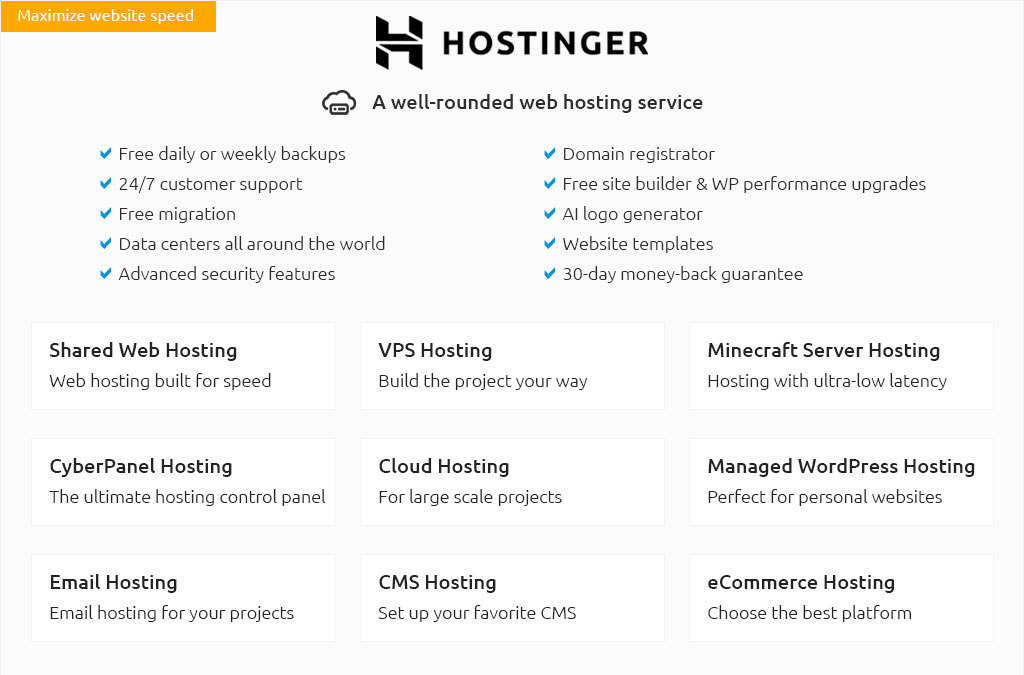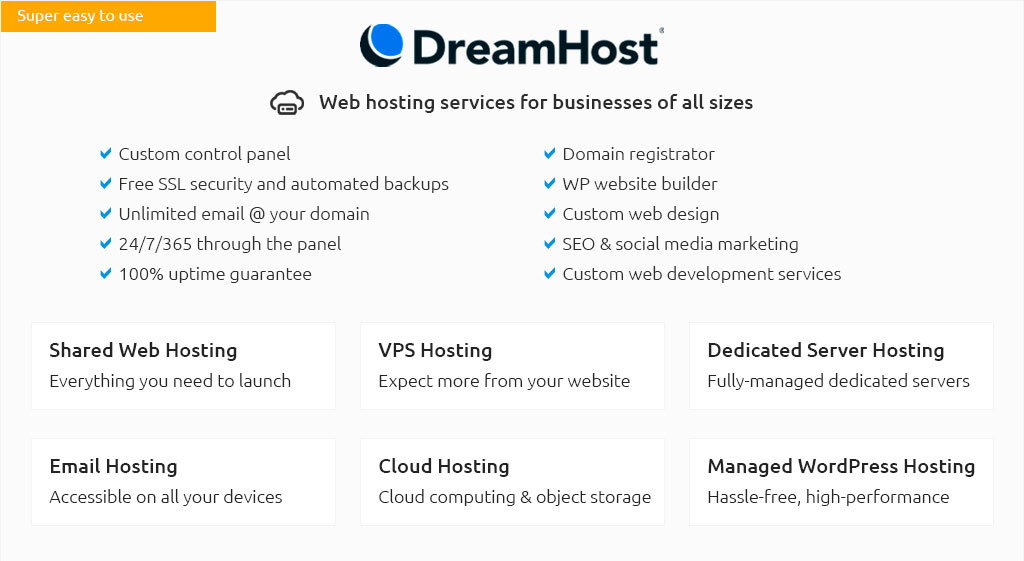 |
|||
 |
 |
 |
|
 |
|
 |
 |
 |
|||
 |
|||
 |
|||
 |
|||
 |
|||
 |
|||
 |
 |
The Comprehensive Guide to Virtual Server Hosting for BusinessesVirtual server hosting has become an essential service for businesses seeking flexibility, scalability, and cost-effectiveness in their IT infrastructure. With the rise of cloud computing, understanding virtual server hosting can give companies a competitive edge. What is Virtual Server Hosting?Virtual server hosting involves using a physical server to host multiple virtual servers. Each virtual server operates independently, with its own operating system and resources, providing the feel and function of a dedicated server. Benefits of Virtual Server Hosting
How it WorksVirtualization software, such as VMware or Hyper-V, is used to partition the physical server into multiple virtual machines. Each machine operates independently, sharing the physical server's resources. Choosing the Right Virtual Server Hosting ProviderWhen selecting a provider, consider factors such as uptime guarantees, customer support, and the specific needs of your business. Reading reviews and comparisons of the best VPS hosting services can aid in making an informed decision. Key Features to Look For
Cost ConsiderationsThe cost of virtual server hosting can vary based on the provider, the resources required, and additional features. For budget-conscious users, exploring cheap VPS hosting Linux options may provide significant savings. FAQWhat is the difference between a virtual server and a dedicated server?A dedicated server is a single physical server dedicated to a single user, providing full access to all resources. A virtual server is a partitioned section of a physical server, providing similar functionalities but with shared resources. How secure is virtual server hosting?Virtual server hosting can be very secure if the provider implements robust security protocols, including firewalls, regular updates, and monitoring. Users should also employ best practices for their applications and data. Can I upgrade my virtual server resources?Yes, one of the main advantages of virtual server hosting is the ability to scale resources up or down based on your needs, often without any downtime. Understanding the ins and outs of virtual server hosting can significantly impact the efficiency and cost-effectiveness of your business operations. Whether you are a small startup or a large enterprise, leveraging virtual server hosting can provide the flexibility and power needed to drive success. https://nusupport.nebraska.edu/TDClient/33/Portal/Requests/ServiceDet?ID=123
Virtual server hosting on our on-premises VMWare hypervisor, great all around option for all types of servers. https://www.databasemart.com/vps-hosting?srsltid=AfmBOorsBBM7Oz9uZ6hD19MIdLukJ-mTPnjW7K2XY6xVIeDL0vMfCSuL
SSD-Based VPS Hosting with Dedicated Resources. A VPS (Virtual Private Server) is a virtual server from a partitioned dedicated server, with isolated CPU, RAM, ... https://www.databasemart.com/vps-hosting?srsltid=AfmBOoooSgVhm0xMJTPiS-pn_O2whn7gYfh1Oiqt5w5YNB1k_a2HkLjx
SSD-Based VPS Hosting with Dedicated Resources. A VPS (Virtual Private Server) is a virtual server from a partitioned dedicated server, with isolated CPU, RAM, ...
|